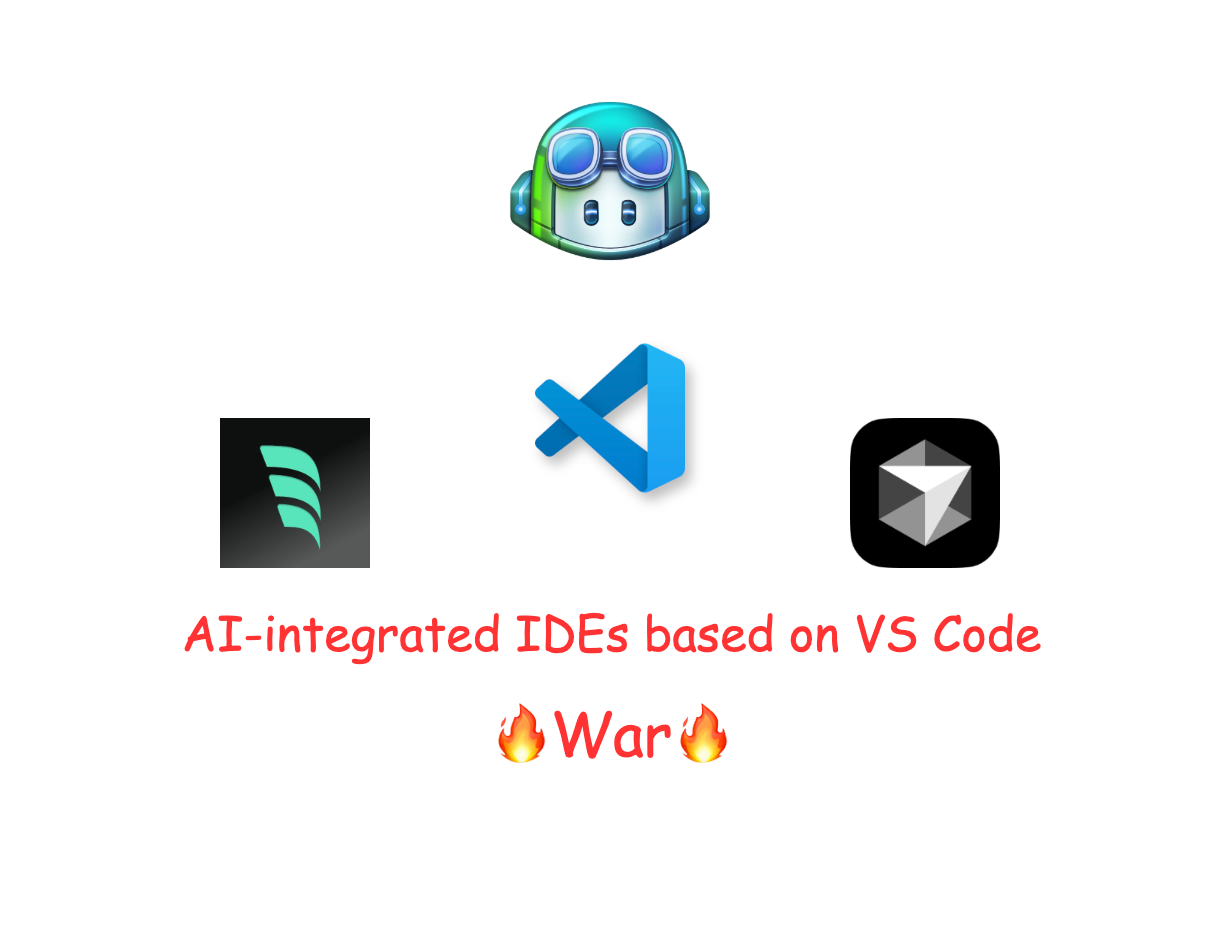OpenAI, which serves ChatGPT, will acquire Windsurf, an artificial intelligence (AI) coding service company
According to reports by Bloomberg and other major foreign media, OpenAI has agreed to acquire Windsurf for a whopping $3 billion. This acquisition marks a significant move in the AI industry, as OpenAI looks to strengthen its position in the competitive AI coding market.
Expanding AI Coding Services
In the rapidly evolving AI coding market, the use of "vibe coding," which leverages AI to generate actual code, is gaining popularity. Companies like Windsurf, Cursor, and Cline are at the forefront of providing such services and are engaged in intense competition.

These AI coding services make use of Large Language Models (LLM) developed by prominent AI companies such as OpenAI GPT, Google Gemini, Antropic Claude, and Dipshik. By acquiring Windsurf, OpenAI aims to not only enhance the utilization of GPT among developers but also broaden its offerings to include AI coding services.
Significance of the Acquisition
Windsurf, operating under the company name ExaFunction, has recently garnered attention with an enterprise value of $3 billion. The acquisition of Windsurf represents OpenAI's largest move since its inception and signifies a strategic shift towards providing comprehensive AI solutions.

Microsoft's GitHub Copilot, an investor and major customer of Windsurf, is set to benefit from this acquisition, further solidifying OpenAI's position in the market.
Structural Transition and Future Prospects
Interestingly, on the same day as the acquisition announcement, OpenAI decided to forego its plans of converting into a for-profit corporation. The organization emphasized that even in the event of structural changes, non-profit entities would retain control over its operations.
This decision comes following consultations with civil society and legal authorities, ensuring that non-profit organizations continue to hold majority stakes in public interest corporations. The move aims to maintain governance stability and facilitate continuous investment in OpenAI's operations.
Challenges and Opportunities
The withdrawal of the for-profit conversion plan raises questions about OpenAI's future funding prospects. While the organization attracted substantial investments earlier, the dominance of non-profit entities in public corporations may pose challenges in securing future investments and potential stock market listings.

Despite these challenges, OpenAI remains a key player in the AI industry, with a legacy of innovation and strategic partnerships. The organization's journey from a non-profit entity to a potential public interest corporation reflects the evolving landscape of AI governance and investment dynamics.










